A clogged kitchen sink is a common issue that many homeowners face. Whether it’s caused by food scraps, grease buildup, or other debris, understanding the causes can help prevent future problems. For expert assistance with a clogged sink, reliable plumbing in Acworth can offer quick and effective solutions.
Food Waste Build-Up
One of the primary reasons for clogged kitchen sinks is the accumulation of food waste. Many people mistakenly assume that their garbage disposal can handle any type of food debris. However, certain foods, such as coffee grounds, eggshells, and fibrous vegetables, can create stubborn blockages. It’s essential to scrape food waste into the trash before rinsing plates in the sink.
Grease and Oil Residue
Another major culprit of sink clogs is grease and oil. When poured down the drain, these substances can solidify and adhere to the pipes, leading to gradual blockages. Instead of disposing of grease in the sink, allow it to cool and solidify, then throw it away in the trash to prevent buildup.
Soap Scum and Hard Water Deposits
Soap scum and mineral deposits from hard water can accumulate over time, leading to restricted water flow. These deposits can combine with other debris, exacerbating the clogging issue. Regular cleaning with vinegar or baking soda can help dissolve these residues and keep your pipes clear.
Foreign Objects
Foreign objects, such as utensils, small toys, or other non-food items, can accidentally fall into the sink and cause a blockage. Installing a sink strainer can prevent these items from entering the drain, reducing the risk of clogs.
Dishwasher Connection Issues
Problems with your dishwasher can also contribute to kitchen sink clogs. A faulty dishwasher drainage system can lead to water backing up into the sink. If your dishwasher is not draining properly, it could be a sign of a more extensive issue. For more insights on this, check out this blog.
Tree Roots and External Factors
Sometimes, the issue may stem from outside your home. Tree roots can infiltrate pipes, causing obstructions and backups. This problem is more complex and usually requires professional intervention. In such cases, seeking professional drain cleaning services can help address the issue effectively.
Also Read: Signs You Need Professional Drain Cleaning Services for Clogged Pipes
Conclusion
Preventing a clogged kitchen sink starts with awareness and proper maintenance. By being mindful of what goes down the drain and regularly cleaning your pipes, you can avoid the inconvenience of blockages. However, if you find that your efforts aren’t enough to clear the clogs, it may be time to seek professional help. Understanding the signs that you need expert assistance can save you time and hassle in the long run.
Frequently Asked Questions
1. How can I prevent my kitchen sink from clogging?
To prevent clogs, avoid disposing of grease, oil, and large food particles in the sink. Use a strainer to catch debris and clean your pipes regularly with natural solutions like vinegar and baking soda.
2. What should I do if my sink is already clogged?
First, try using a plunger or a drain snake to dislodge the blockage. If these methods do not work, it might be necessary to contact a plumber for further assistance.
3. Is it safe to use chemical drain cleaners?
Chemical drain cleaners can be harsh on your pipes and may cause damage over time. It’s best to use them sparingly and opt for natural cleaning solutions whenever possible.

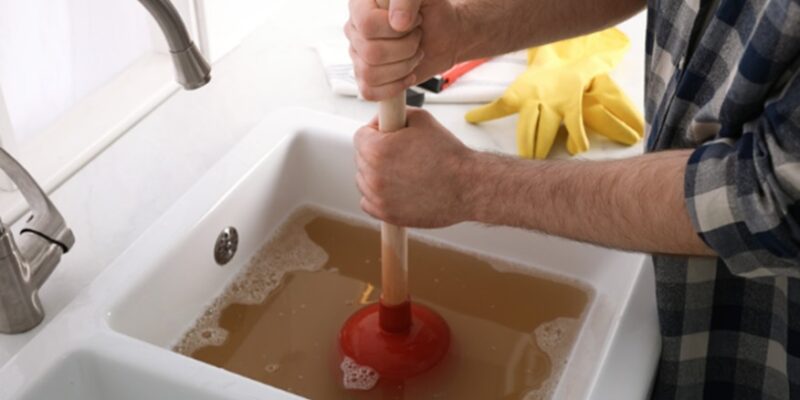
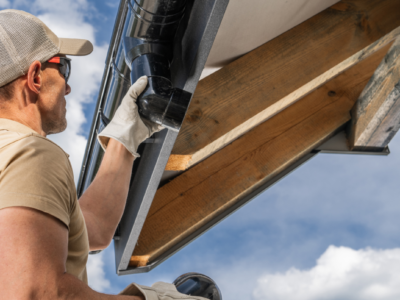

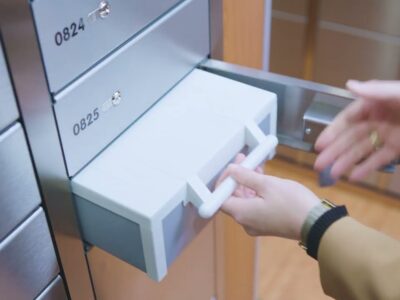
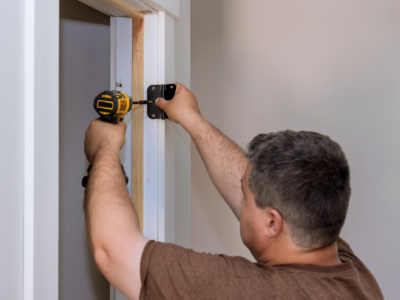

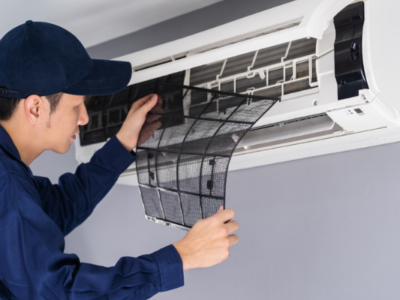











Comments